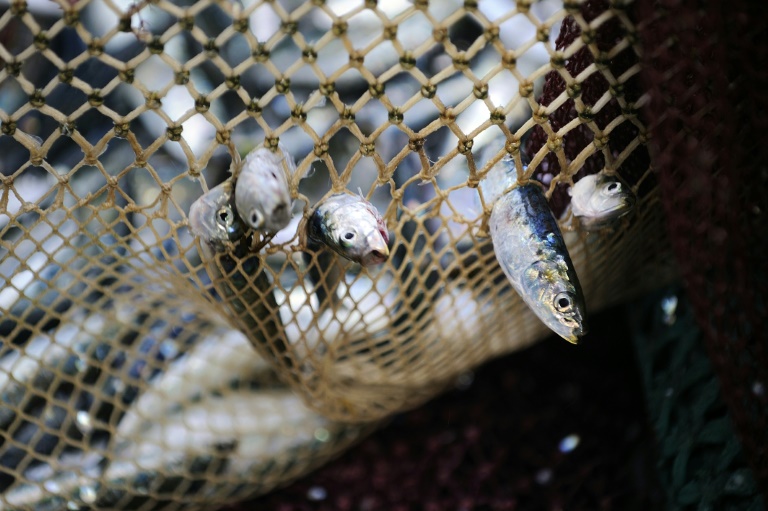WTO floats fund to help net sustainable fishing deal

Negotiations have been going on at the World Trade Organization for more than 20 years towards banning fish subsidies
Geneva – The WTO tried to net a long-sought deal on curbing harmful fishing subsidies by promising Tuesday an implementation fund it hopes will reel in wavering developing countries.
Negotiations have been going on at the World Trade Organization for more than 20 years towards banning subsidies that threaten the sustainability of the planet’s fish stocks by encouraging overfishing.
The global trade body’s leader, Ngozi Okonjo-Iweala, wants to pull off a major coup by finally concluding a deal at the WTO’s first ministerial conference in nearly five years, being held in Geneva this week.
There are hopes that a financing fund to help developing countries implement the new rules may help soothe lingering concerns.
“We’ve been discussing and progressively refining this idea with a sizable group of members on both sides — both potential donors and potential beneficiaries,” Okonjo-Iweala explained.
The idea is to provide members with the means to build up their capacities to integrate the new rules, involving adopting systems to manage their fisheries and provide catch data.
The fund is targeting around $20 million in contributions, with a starting amount of around $10 million — of which $5 million has already been pledged.
– ‘Historic opportunity’ –
“While work is continuing on the last remaining issues, we have never been so close to concluding,” said Colombia’s WTO ambassador Santiago Wills, who chairs the fisheries negotiations at the organisation.
However, a Geneva-based diplomat said the financing mechanism was helpful but was not a major issue in the negotiations, which still revolve around the carve-outs for certain developing countries and whether they would apply to China and India.
“It’s a nice thing to have and will help in the implementation of the agreement but it’s not going to make the deal — sadly,” the diplomat said.
“That would be an extraordinary deliverable for this week if we could actually get there,” but “right now, people aren’t sure we’re going to”.
Special treatment for the poorest countries is widely accepted, but demands from some self-identified developing countries for exemption from subsidy constraints, including large fishing nations like India, have met resistance.
New Zealand’s trade minister Damien O’Connor is facilitating the fisheries talks in Geneva.
He told his counterparts that there was an “historic opportunity for the WTO to do something that will massively benefit the world for many generations to come, and that we simply cannot, and must not, miss this opportunity,” WTO spokesman Daniel Pruzin told reporters.
– Indian intransigence –
Besides fisheries, the WTO is trying to strike deals on e-commerce, agriculture, food security, Covid-19 vaccine patents and WTO reform.
Okonjo-Iweala warned countries against trying to do trade-offs between the different tracks.
Agreements at the WTO are reached by consensus, meaning objections from any one of the 164 members can stymie talks towards a deal.
Okonjo-Iweala — who turned 68 on Monday — took over as WTO director-general in March 2021, and has staked her reputation on breathing new life into the crippled organisation.
“We all have dreams and sometimes not all of those dreams can be fulfilled,” she said Tuesday.
“My own dream for my birthday is to get a successful ministerial.
“One or two packages passed… I think that would do.”
But several diplomats have indicated that India is proving the main obstacle in securing any agreements at the conference.
“India is being obstructive across the piece,” said one Geneva-based diplomat.
“In no negotiation are they playing a constructive part.”
